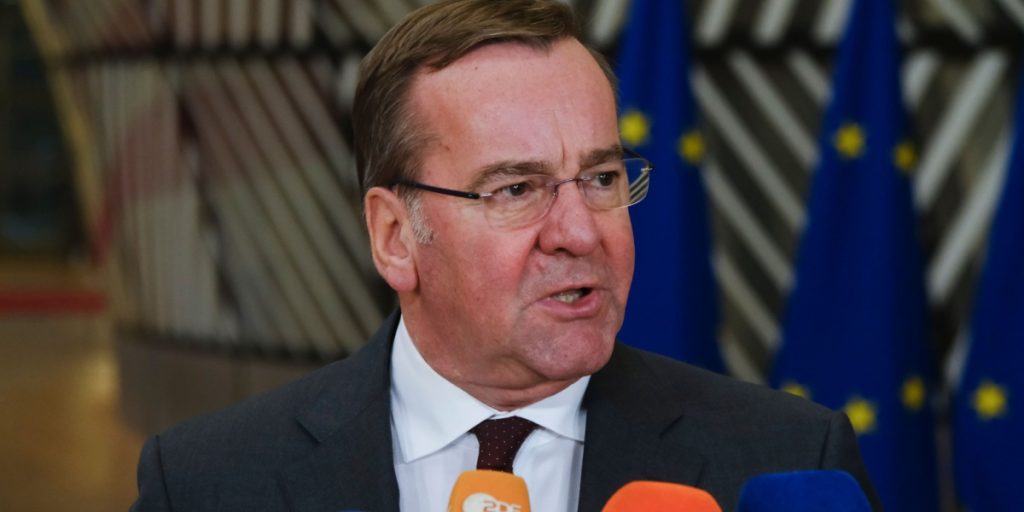Boris Pistorius warns EU to toughen sanctions as skepticism rises over Russian intentions after Trump call.
Others are reading now
As diplomatic efforts to end the war in Ukraine continue, Europe’s leaders are weighing the credibility of Moscow’s intentions. With negotiations back on the table, questions persist about whether the Kremlin is truly seeking peace — or simply buying time.
German Defense Minister Boris Pistorius has warned that Russian President Vladimir Putin is not genuinely interested in peace in Ukraine, but rather trying to “buy time” through diplomatic overtures.
His remarks follow a high-stakes phone call between Putin and U.S. President Donald Trump on Monday, which has yet to produce any meaningful breakthrough.
Speaking in Brussels ahead of a joint EU defense and foreign affairs meeting, Pistorius urged European leaders to take a firmer stance, especially when it comes to sanctions on Russian energy exports.
Also read
“Ceasefire on His Terms”
According to Pistorius, Putin’s approach to the latest talks is tactical — and one-sided. He characterized the Russian president as unwilling to negotiate in good faith.
He is not yet ready to make concessions and is only talking about a ceasefire on his terms.
Pistorius said the Kremlin’s behavior confirms that any proposed negotiations are not aimed at ending the war, but rather delaying further international pressure.
The comments come as European Union ministers convene to discuss stepped-up military aid to Ukraine, the ongoing crisis in the Middle East, and EU-wide rearmament strategies.
Germany, along with other key EU nations, continues to push for more coordinated support for Kyiv amid concerns that diplomacy alone won’t curb Moscow’s ambitions.
Time to Tighten the Screws
The German defense chief also called for new, harsher sanctions targeting Russian energy revenues — a major source of funding for the war. Pistorius suggested that sanctions could be more effective if applied with greater urgency and coordination across EU member states.
The dual meetings in Brussels mark a critical moment for European defense policy, with leaders balancing diplomatic efforts alongside military and economic measures.
As reported by Digi24, the broader European consensus appears to be shifting toward skepticism, as Putin’s signals of peace are increasingly viewed as strategic delay tactics rather than sincere diplomacy.


